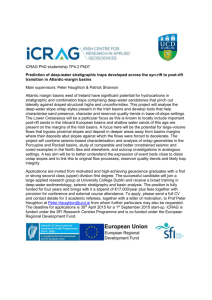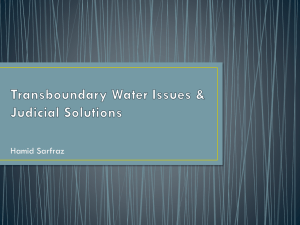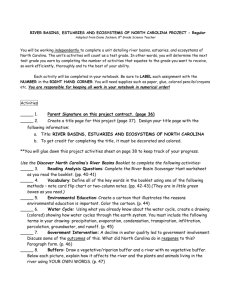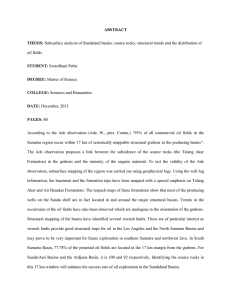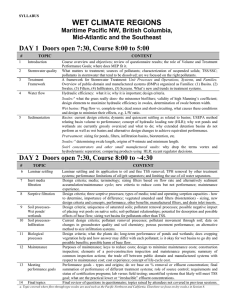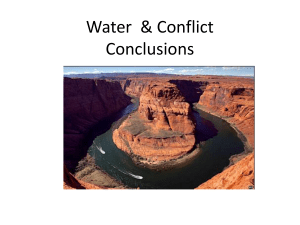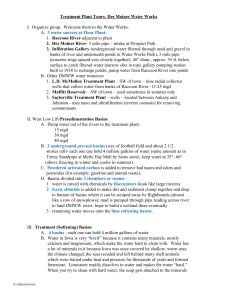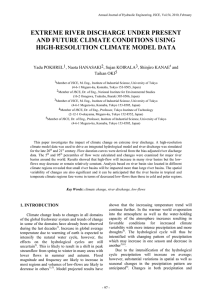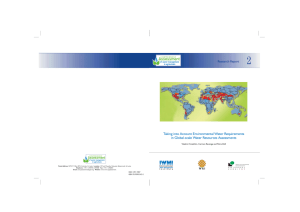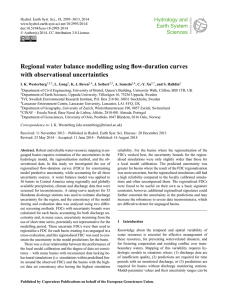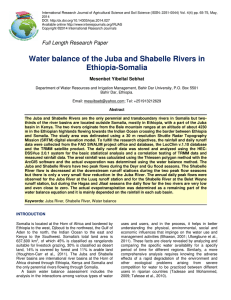Climate Change Will Impact Global River Flow
advertisement
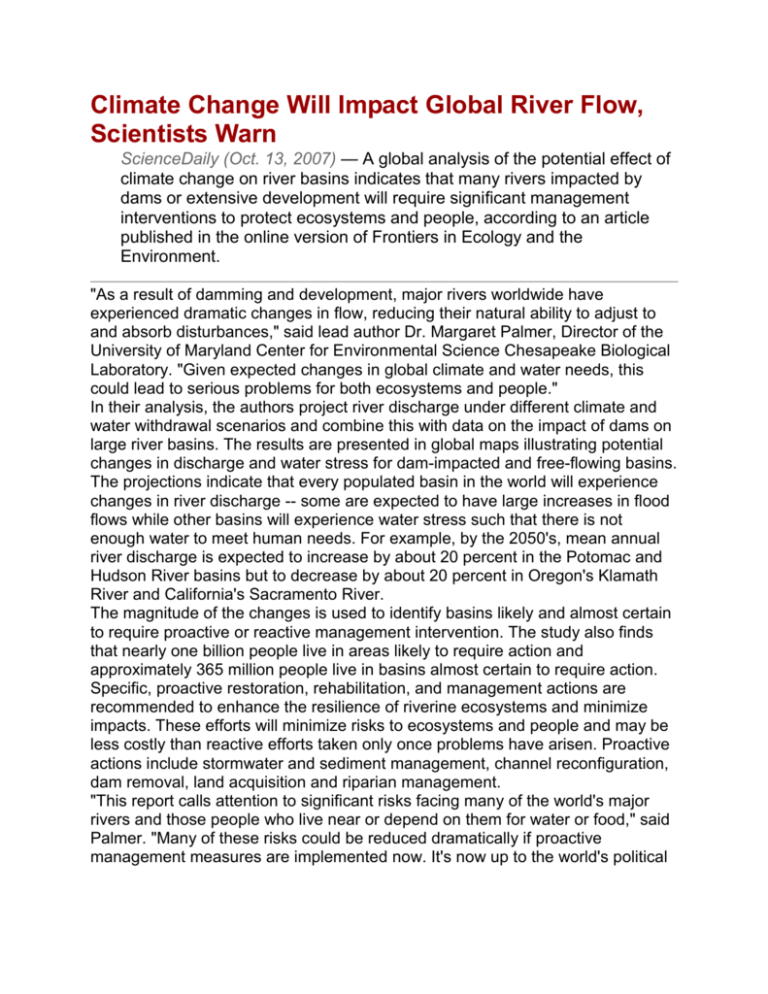
Climate Change Will Impact Global River Flow, Scientists Warn ScienceDaily (Oct. 13, 2007) — A global analysis of the potential effect of climate change on river basins indicates that many rivers impacted by dams or extensive development will require significant management interventions to protect ecosystems and people, according to an article published in the online version of Frontiers in Ecology and the Environment. "As a result of damming and development, major rivers worldwide have experienced dramatic changes in flow, reducing their natural ability to adjust to and absorb disturbances," said lead author Dr. Margaret Palmer, Director of the University of Maryland Center for Environmental Science Chesapeake Biological Laboratory. "Given expected changes in global climate and water needs, this could lead to serious problems for both ecosystems and people." In their analysis, the authors project river discharge under different climate and water withdrawal scenarios and combine this with data on the impact of dams on large river basins. The results are presented in global maps illustrating potential changes in discharge and water stress for dam-impacted and free-flowing basins. The projections indicate that every populated basin in the world will experience changes in river discharge -- some are expected to have large increases in flood flows while other basins will experience water stress such that there is not enough water to meet human needs. For example, by the 2050's, mean annual river discharge is expected to increase by about 20 percent in the Potomac and Hudson River basins but to decrease by about 20 percent in Oregon's Klamath River and California's Sacramento River. The magnitude of the changes is used to identify basins likely and almost certain to require proactive or reactive management intervention. The study also finds that nearly one billion people live in areas likely to require action and approximately 365 million people live in basins almost certain to require action. Specific, proactive restoration, rehabilitation, and management actions are recommended to enhance the resilience of riverine ecosystems and minimize impacts. These efforts will minimize risks to ecosystems and people and may be less costly than reactive efforts taken only once problems have arisen. Proactive actions include stormwater and sediment management, channel reconfiguration, dam removal, land acquisition and riparian management. "This report calls attention to significant risks facing many of the world's major rivers and those people who live near or depend on them for water or food," said Palmer. "Many of these risks could be reduced dramatically if proactive management measures are implemented now. It's now up to the world's political leaders to decide whether or not to step forward and put in place programs designed to minimize the impacts we may see on our ecosystems and people." The article, "Climate change and the world's river basins: anticipating management options," is coauthored by authors from the United States, Sweden, Germany and Australia. This work was supported by the U.S. Environmental Protection Agency Global Climate Change Program, the Swedish Research Council and the Swedish Research Council Formas, Land and Water Australia, Water CRC Australia, the DFG--German Research Foundation and the International Water and Climate Dialogue.

